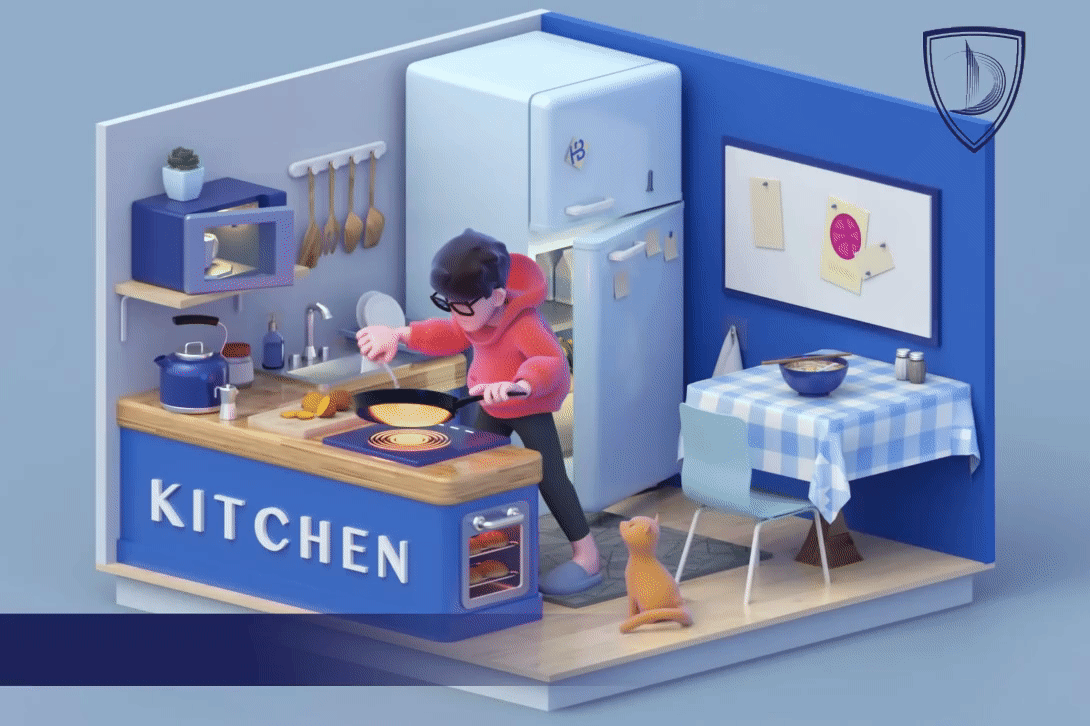While examining the case No. 569/4373/16-ts, the Supreme Court concluded that the very fact of transfer of ownership of this property to another person without assessment of legality is not a ground for eviction of family members of the apartment’s owner, including former ones. such eviction, which is in fact an interference with the right to respect for housing within the meaning of Article 8 of the Convention for the Protection of Human Rights and Fundamental Freedoms, for proportionality in the context of the relevant case law of the ECtHR.
Thus, Part 6 of Art. 203 of the Civil Code of Ukraine establishes that the transaction made by parents (adoptive parents) may not contradict the rights and interests of their juniors, minors or disabled children.
A child belongs to the family of his parents even when he does not live with them (Part 2 of Article 3 of the Criminal Code of Ukraine).
According to the prescriptions of Art. 177 of the Insurance Code of Ukraine and Art. 17 of the Law “On Child Protection” parents have no right to enter into an agreement subject to notarization or special registration, to waive property rights belonging to the child, to distribute, exchange, alienate housing, to pledge on behalf of the child, issue written commitments without the permission of the guardianship authority.
The Supreme Court noted that the above-said refutes the conclusion of the court of first instance, with which the appellate court agreed that the minor child was not registered and therefore did not have the right to use the disputed residential premises.
Thus, the seller needs the permission of the guardianship authority for the sale of an apartment or house, even if his child was not registered there.
Gennady Silvanovich, lawyer @ “Dynasty Law & Investment”

